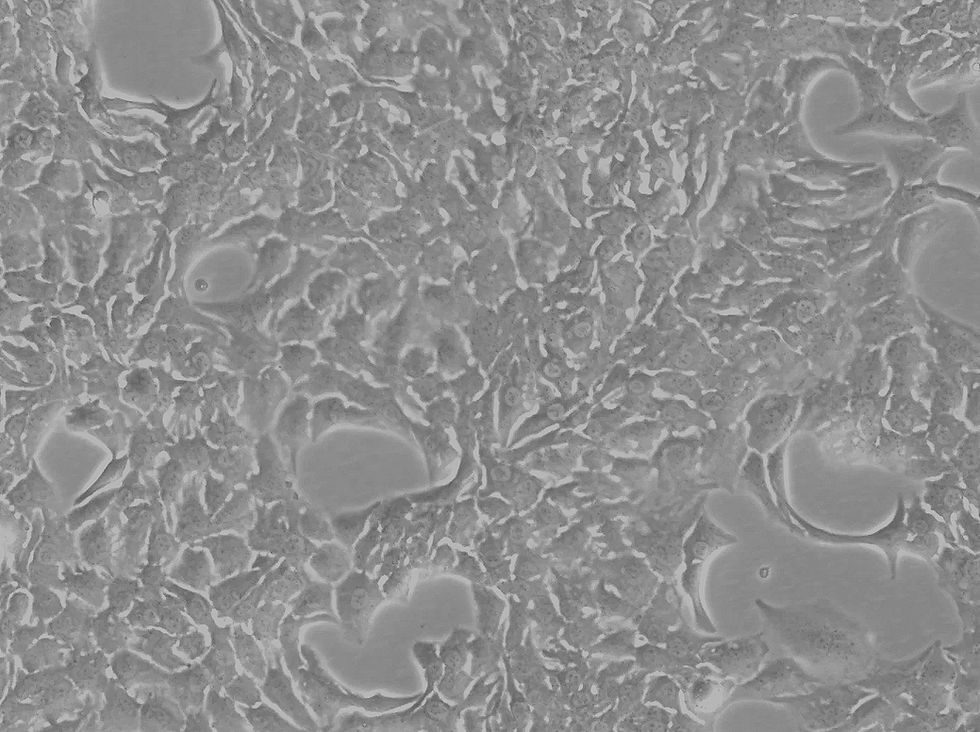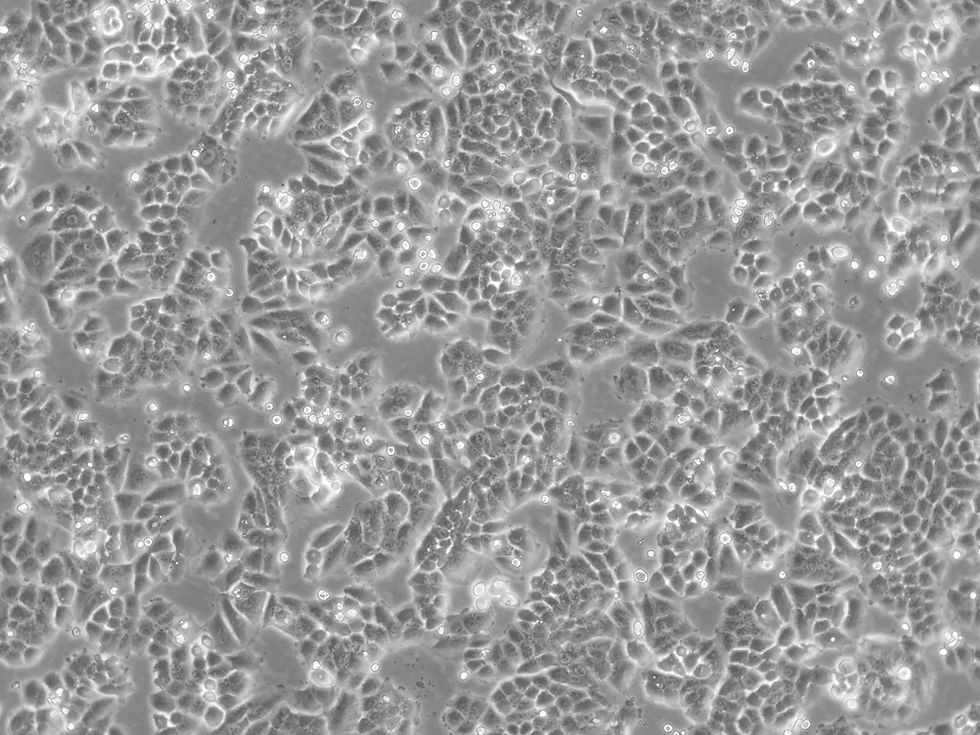Interferons (IFNs) are potent extracellular protein mediators of host defence and homoeostasis. They are cytokines produced by the cells of the immune system in response to challenges by foreign agents such as viruses, parasites and tumor cells. It is produced by a wide variety of cells in response to the presence of double-stranded RNA, a key indicator of viral infection. IFNs are divided into two major subgroups. Type I IFNs all bind to a type I IFN receptor, such as IFN-α and IFN-β. IFN-γ is the sole type II IFN, which binds to a distinct type II receptor. Almost all cell types produce type I IFNs, while the type II IFN-γ is produced in T cells and natural killer (NK) cells upon immunological stimulation. IFN-γ coordinates a diverse array of cellular programs through transcriptional regulation of immunologically relevant genes. Cellular effects of IFN-γ includes up-regulation of pathogen recognition, antigen processing and presentation, the antiviral state, inhibition of cellular proliferation and effects on apoptosis, activation of microbicidal effector functions, immunomodulation, and leukocyte trafficking.
Detection Range:
16 - 1000 pg/mLSensitivity:
8 pg/mL
top of page
SKU: EA-3003
$450.00Price
* For large quantity order volume or customized product, please contact us for a special rate below.
Associated Products
bottom of page















